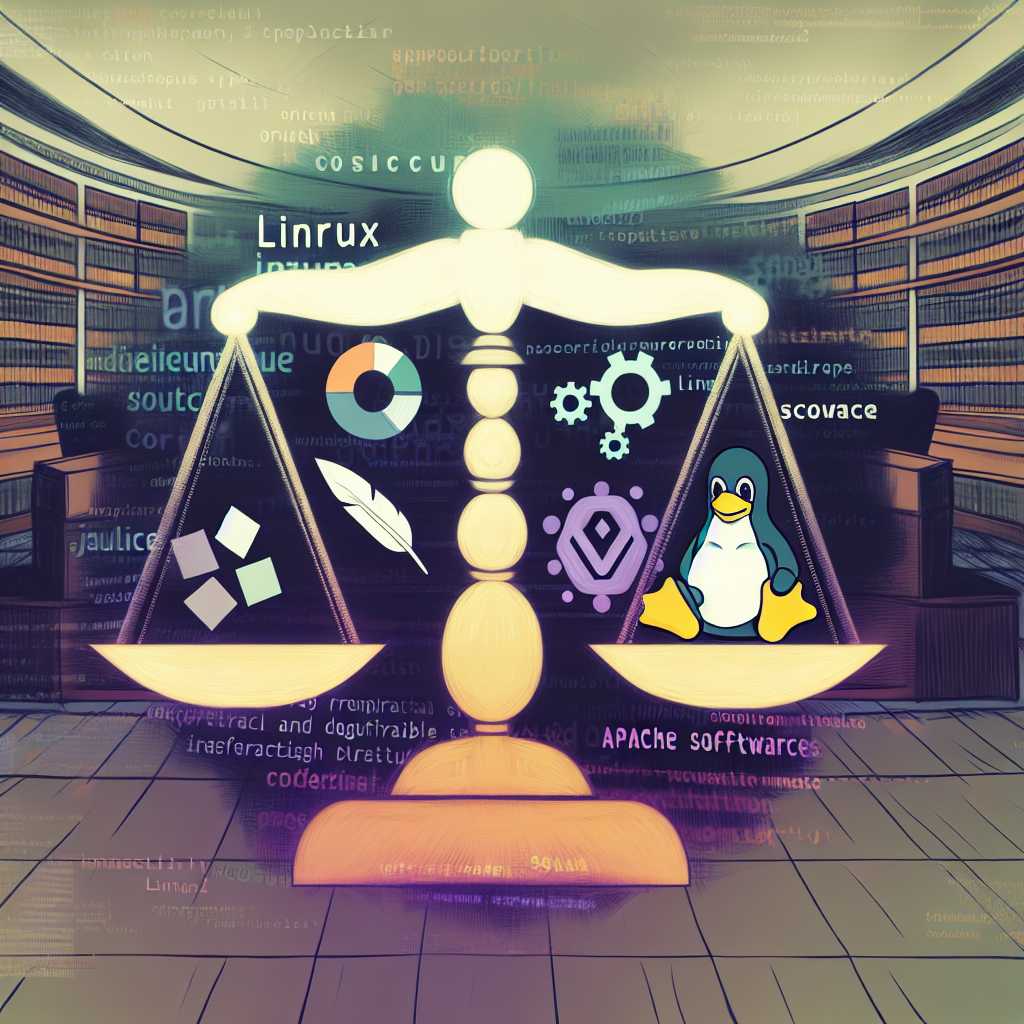As a legal trainee specializing in US Business Law, B2B contracts, and open source law and licensing, one of my hobbies that perfectly aligns with my professional interests is exploring the world of open source software development. This pastime not only challenges my technical skills but also sharpens my understanding of the complex legal framework surrounding software licenses.
Open source software has transformed how we think about software development and collaboration. Its defining characteristic is its license, which allows anyone to view, use, modify, and distribute the source code. Popular examples include the Linux operating system and the Apache HTTP Server. For someone interested in law, the diversity of open source licenses—ranging from permissive ones like MIT and Apache 2.0 to copyleft licenses like GPL—provides a fascinating landscape to analyze.
Understanding the nuances of these licenses is crucial because they define the rights and obligations of developers and organizations that use or contribute to open source projects. For instance, copyleft licenses require any distributed derivative works to be released under the same license, ensuring that improvements remain open source. This can have significant implications for businesses hoping to integrate open source software into proprietary systems.
In practice, working with open source software can spark unique legal challenges. Issues such as intellectual property rights, compliance, and how to manage contributions and collaborations across borders are common. As a hobby, I like to dive into these legal questions, using them as case studies to better understand the evolving landscape.
Moreover, the legal community continues to debate open source software’s economic impact. It fosters innovation and competition, reducing costs and democratizing access to technology. However, improperly handled open source can expose companies to legal risks, such as license violations or inadvertent infringement of patents.
Engaging with open source software projects is immensely fulfilling, both intellectually and technically. It offers a unique intersection of technology and law, requiring a keen understanding of both areas. For anyone interested in how law interacts with technological innovation, open source offers an expansive and ever-evolving field to explore.


Leave a Reply